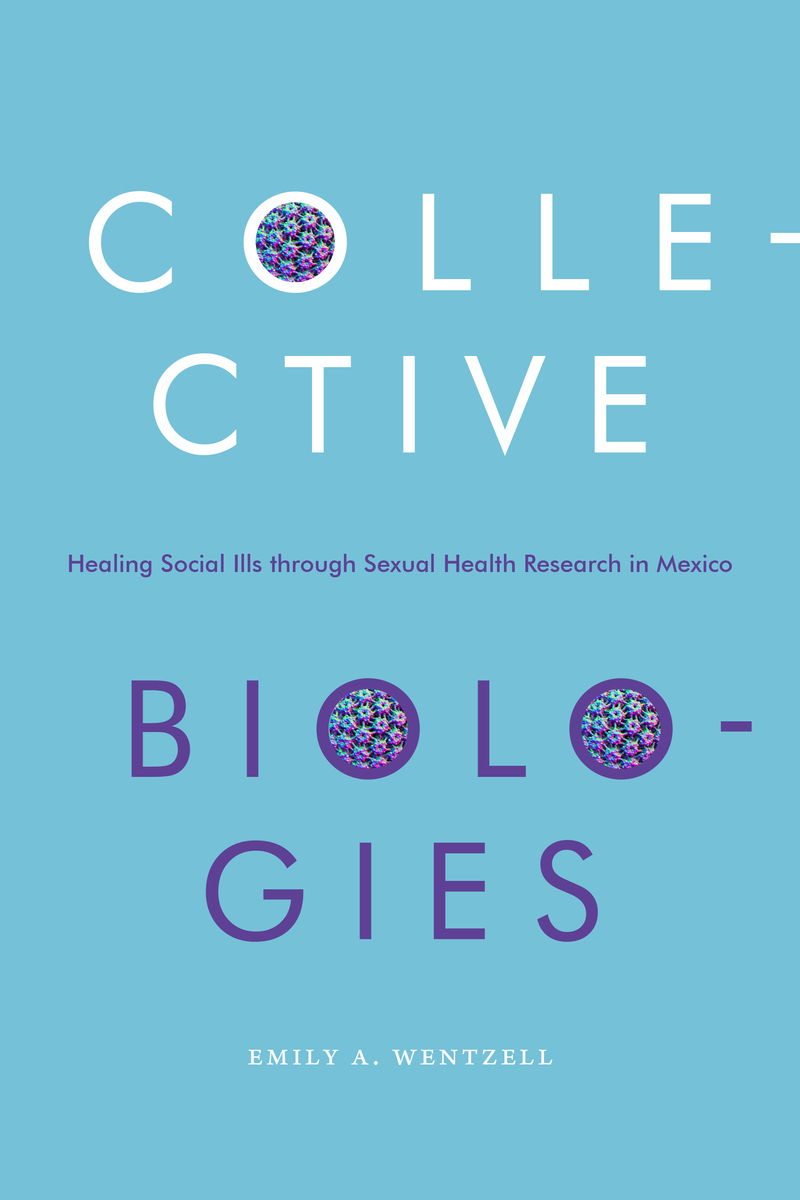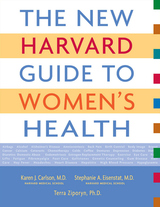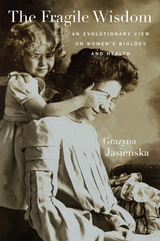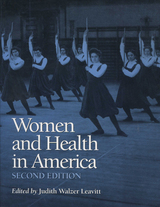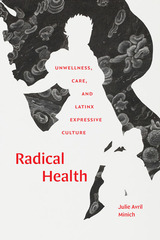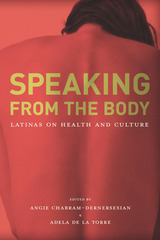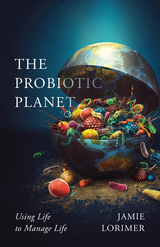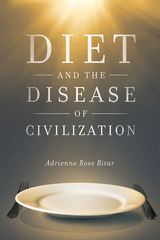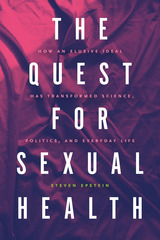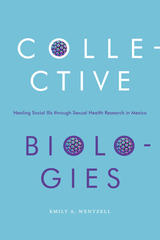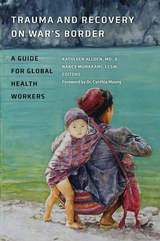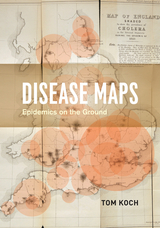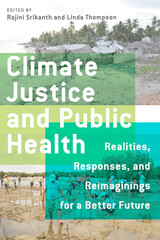Collective Biologies: Healing Social Ills through Sexual Health Research in Mexico
Duke University Press, 2021
Cloth: 978-1-4780-1394-5 | Paper: 978-1-4780-1488-1 | eISBN: 978-1-4780-2217-6
Library of Congress Classification RA788.W46 2021
See other books on: Collective behavior | Group identity | Individualism | Sexual health | Sexuality
See other titles from Duke University Press
Cloth: 978-1-4780-1394-5 | Paper: 978-1-4780-1488-1 | eISBN: 978-1-4780-2217-6
Library of Congress Classification RA788.W46 2021
ABOUT THIS BOOK | AUTHOR BIOGRAPHY | REVIEWS | TOC | REQUEST ACCESSIBLE FILE
ABOUT THIS BOOK
In Collective Biologies, Emily A. Wentzell uses sexual health research participation as a case study for investigating the use of individual health behaviors to aid groups facing crisis and change. Wentzell analyzes couples' experiences of a longitudinal study of HPV occurrence in men in Cuernavaca, Mexico. She observes how their experiences reflected Mexican cultural understandings of group belonging through categories like family and race. For instance, partners drew on collective rather than individualistic understandings of biology to hope that men's performance of “modern” masculinities, marriage, and healthcare via HPV research would aid groups ranging from church congregations to the Mexican populace. Thus, Wentzell challenges the common regulatory view of medical research participation as an individual pursuit. Instead, she demonstrates that medical research is a daily life arena that people might use for fixing embodied societal problems. By identifying forms of group interconnectedness as “collective biologies,” Wentzell investigates how people can use their own actions to enhance collective health and well-being in ways that neoliberal emphasis on individuality obscures.
See other books on: Collective behavior | Group identity | Individualism | Sexual health | Sexuality
See other titles from Duke University Press
